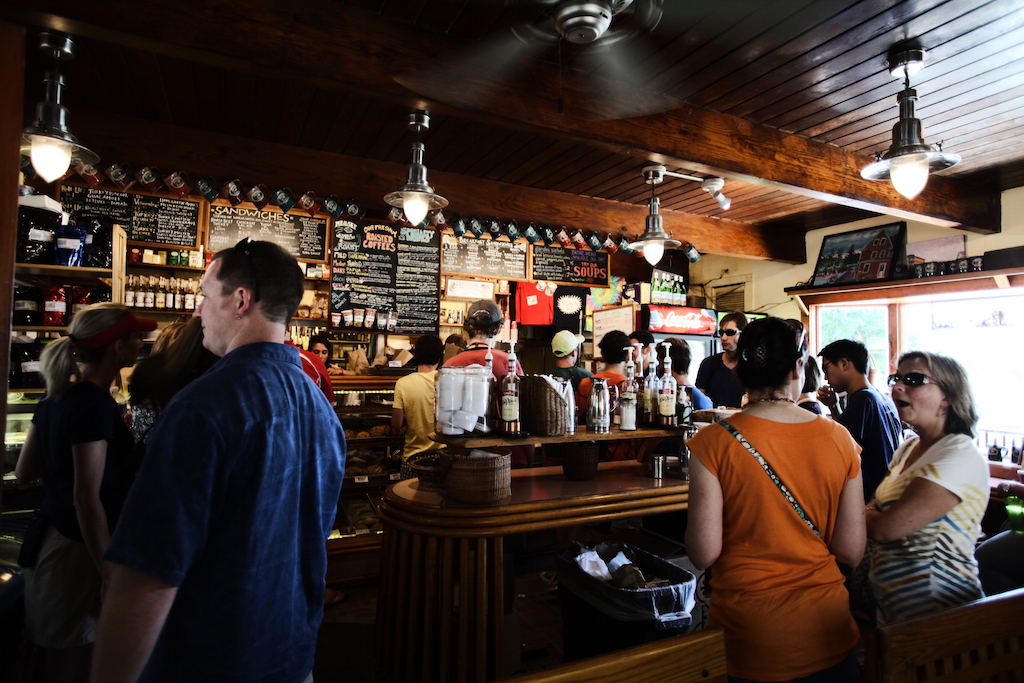Google’s new review guidelines prohibit negative review removal
Here’s some pertinent local marketing news: Google is changing its policy. Google has long crusaded against fake reviews – but they recently added new measures about negative reviews.

Businesses will no longer be permitted to offer incentives for customers to remove or change their negative reviews. Sometimes, misunderstandings or poor communication leads to negative reviews. A quick reply usually helps assuage customers’ issues. But when that doesn’t work, some businesses try to remove the review by incentivizing the customer with discounts or free items.
While this is a normal practice for many businesses, Google is cracking down on the behavior. It’s a bit extreme. But, as always, Google has business’ best interests in mind. Google wants businesses to thrive. And it’s hard to thrive if your competitors are inflating their reviews with bribery (essentially).
To ensure your business isn’t affected by this change, implement best practices.
TikTok is affecting local search – and competing with Google
Who knew that Google would have serious competition? Google’s CEO is worried about TikTok’s rise as a search platform as TikTok adds new search functionality.
We went in-depth on this one. While TikTok began as a dance-centric app, it quickly evolved into an app to build communities, share opinions, and learn new skills or ideas. With businesses and individuals making informative videos for their audiences, TikTok has become a hub for learning, searching, and discovering.

TikTok is becoming a search engine in its own right, and it shows. 26% of people know someone who uses TikTok or Instagram as their primary search engine. TikTok delivers no-nonsense answers in an easily-consumable format, making it a go-to information source for many.
The rise of TikTok signals a shift in the type of content consumers want – whether the content is for information or entertainment. As marketers know, consumers prefer highly visual, interactive content over stagnant boxes of text. And when they do want text, they prefer it to be short-form (why do you think Twitter is still so popular?).
It doesn’t look like TikTok will replace Google as a search engine (for now). But we’ll keep our eyes peeled.
Google might index TikTok posts
For now, it seems likely that Google will start indexing TikTok videos (and Instagram posts). What does that mean for your business?
Much like Google indexes tweets and Facebook posts, Google will start indexing videos from TikTok (and Instagram). Essentially, your (and your business’) posts appear directly on relevant Google searches.
Google is working to integrate social media platforms into its search algorithm based on keywords. As Google moves towards indexing TikTok and Instagram posts, it’s crucial for businesses to maintain good local SEO habits on social media. The right keywords and hashtags will continue to influence rankings, and decide which businesses own the first page of Google search results.
Google removed COVID-19-related health and safety attributes from Google Business Profiles
Seems like Google knows something that we don’t. Google recently removed the health and safety attributes from Google Business Profiles (formerly Google My Business profiles). A feature that popped up during the pandemic, health attributes indicate COVID-19 policies for local business. Examples include: requiring masks, enforcing social distancing, and reduced store capacity.

While many businesses are back to semi-normal business hours and policies, Google is jumping the gun by removing health and safety attributes. Many businesses still encourage or require masks. And who knows what the future holds. We’ll see where the future takes us.
Exciting paid local marketing news – ads could come to Apple Maps
Apple is testing out search ads within Apple Maps. In a bid to extend their advertising business, Apple will soon launch ads within their map app.
What does that mean for your business? Within search, your business could be competing with other businesses with paid ads.
However, it also creates a great opportunity for local paid advertising. 72% of consumers that search directly on Apple Maps intend to visit the location they find. That means more direct traffic, and more direction requests. If used correctly, Maps could be a great driver for businesses.

For small businesses with limited budgets for paid advertising, this update could be detrimental to their traffic from local in-app searches. As Apple moves toward the shift, we’re eager to see how exactly the changes will be implemented for Maps.
Businesses can add products to their Google Business Profiles
Google is enabling a feature for businesses to spotlight products on their Google Business Profiles (formerly known as Google My Business profiles). Here’s what the new update will look like. When customers search for a business, they will see a product carousel as part of the Google Business Profile.
Allowing shoppers to browse items and prices before walking into the store increases visits and sales from both new and returning customers. With the holiday shopping season fast approaching, businesses should add products to their Google Business Profiles.
We’re a huge fan of this feature. Our own product, Synup Campaigns, has always incorporated this kind of product spotlight – including additional capabilities like promotions and event-triggered Campaigns.
We’re glad to see this essential feature integrated into Google’s main offering for Google Business Profile capabilities. And not to be biased, but we still think Campaigns is better. Google may catch up with Synup, some day!
Social media is becoming a major eCommerce platform
Social commerce is still in its infancy – but it’s making a major impact for local-digital businesses.

As seen above, the major social commerce platforms are Instagram and TikTok. It’s no surprise; Instagram Shopping revolutionized how consumers shop online. And with platforms like TikTok that are revolutionizing how businesses connect with consumers on social media, consumers continue to patronize brands online. Whether on a brand’s direct website or their social media platforms, consumers enjoy connecting with and shopping for their favorite local or digital brands.
As social media continues to impact local SEO, it will be important to maintain a good social media presence. Even for brands who don’t sell products or services online, local SEO and local search will continue to be impacted by social media.


